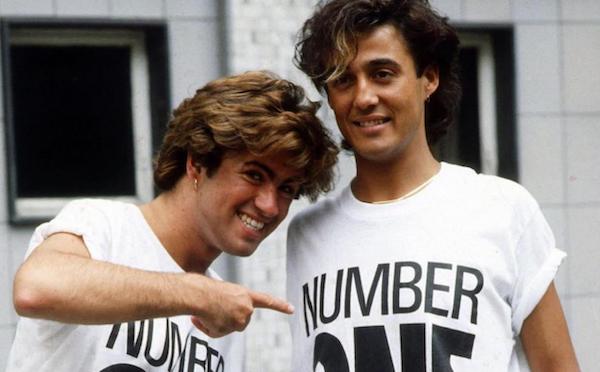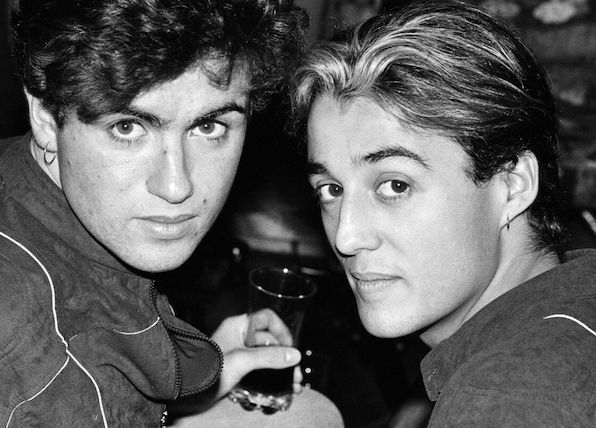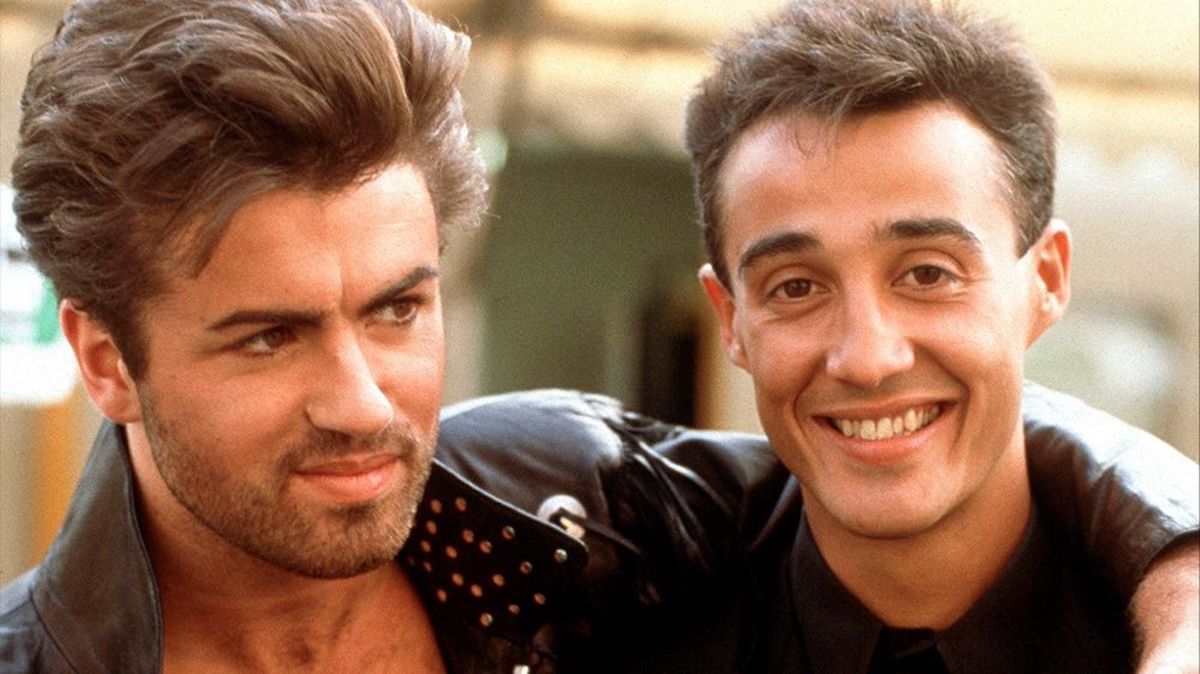When I started dating Todd Thomason, I had no idea I was signing up for a 30-year cultural exchange program. While I was a child of the 1980s, my exposure to MTV was sporadic, as was my interest in rock and pop music. In 1989 I discovered opera, and an obsession was born. “When you have Mozart, what more do you need?” was my mantra.
However, musical worlds collided in 1994 when we met. With him came my introduction to all the music I had missed growing up. Todd introduced me to REM and took me to see them live. (We even had front row seats thanks to his brother, who waited all night in a sketchy part of town to procure them.) He also shared with me his obsession for U2, which has since become a minor obsession of mine. But what continues to impress me to this day is his repository of 1980s musical knowledge. I often wonder what irregular Greek verbs he’s sacrificed to maintain the brain space for the musical stylings of Spandau Ballet. So, I was not surprised to find myself in the following conversation:
Todd: Do you want to watch the Netflix documentary on WHAM! with me?
Me: That’s George Michael and what’s his name?
Todd: Andrew Ridgeley?
Me: Yeah him. Um, how dedicated do I have to be? Like, can I be doing something else while I watch, or do I need to be fully engaged?
Todd: (Silently wondering how anyone could not be fully engaged in a Wham! documentary.)
Me: I just have some stuff I need to get done…
Todd: (Still wondering.)
As we began watching “Wham!: The Biography,” I must admit, I was fully engaged. Whatever work I had planned to do was quickly set aside. My contribution to the screening was remembering that I actually knew more than two songs by Wham! and repeating the phrase, “Oh, yeah. That song.” Just how well the documentary handled the musical retrospective I will leave to Todd and Rolling Stone. Both had their criticisms, but both also appeared to enjoy its nostalgia.

What interested me, however, was the friendship between George Michael and Andrew Ridgeley. The two met in elementary school and remained lifelong friends even after the band broke up, which in the world of pop music must be rare indeed. One of the things friends do is keep secrets, and George trusted Andrew with a big one. In 1982, while Wham! was still on its way up the charts, George told his bandmate that he was gay. From the documentary, you get the feeling that Andrew Ridgeley would have been fine supporting George Michael if he had wanted to come out publicly. Instead, George Michael chose to keep his homosexuality a secret, fearing it would mean the end of his music career.
Perhaps he was right. A lot of pop music is the marketing. Selling George Michael as a sex symbol to female fans sold records. But living such a lie comes at a price. While Wham! achieved fame and fortune, George Michael didn’t get to enjoy any of it as himself, and there’s something very tragic about that.
many of the cultural obstacles George Michael encountered in the 1980s still exist today for others of the LGBTQ community.
If Wham! were to emerge on the music scene now, would it be any different? I would hope so, 71% of Americans support same sex marriage. But sadly, many of the cultural obstacles George Michael encountered in the 1980s still exist today for others of the LGBTQ community. Transgender Americans are still having to choose for themselves, and in some cases for their children, whether it’s safe for them to live and love how and who they wish. To rally religious conservatives, Republicans have targeted trans rights and their arguments have started to impact the opinions of Democrats and Independents as well. A study from the Pew Research Center found that the percentage of Americans who think a person’s gender is determined from their sex assigned at birth has risen from 56% in 2017 to 60% in 2021. When it comes to bathroom bills that force people to use restrooms that correspond to their assigned birth gender, PRRI noted the increase in support for such bills has increased from 35% in 2016 to 52% in 2022.

And what about progressive Christians? During the Trump years, there was talk of a rise in political activism from progressive churches, but these surveys would suggest that this “Trump Bump” (so named by writer and church historian Diana Butler Bass) ended up being more talk than action. Liberal churches have largely retreated behind their walls into their safe spaces. This is unfortunate. While no doubt “All Are Welcome” to join them there, these churches are doing very little to make the world outside their walls more welcoming.
While no doubt “All Are Welcome” to join them there, these churches are doing very little to make the world outside their walls more welcoming.
The good news is that younger people surveyed by Pew and other organizations feel differently. They are more supportive of their transgender neighbors, so perhaps eventually change will come. But, in the meantime, who is paying the price? Who, like George Michael, is going to have to live a lie just to stay safe, much less find success?
Those of us who call ourselves Christians, who claim to follow a Christ who promises abundant life in John 10:10, would do well to consider just how abundant a life anyone can have living in fear, and where our responsibility lies in rectifying this. Perhaps the church needs to focus on helping those who are hurting even at the risk of its own status and celebrity, just like… what’s his name?
Andrew Ridgeley?
Yeah, him.



























